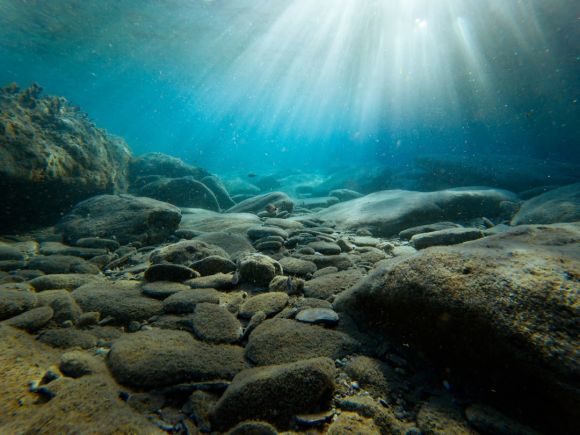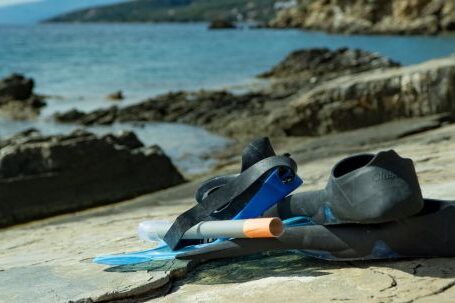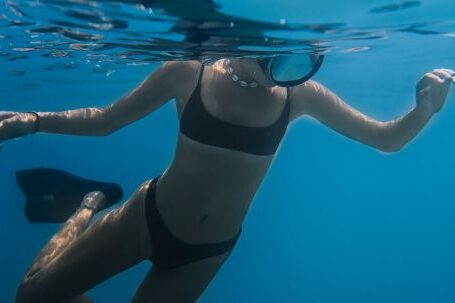The world beneath the surface of the ocean is a mysterious and captivating place. Coral reefs, in particular, are known for their vibrant colors and diverse marine life. Coral reef diving offers a unique opportunity to explore this underwater wonderland and discover the richness of biodiversity that resides within.
The Importance of Coral Reefs
Coral reefs are often referred to as the rainforests of the sea due to their incredible biodiversity. They are home to a wide variety of marine species, including fish, crustaceans, mollusks, and even sharks. Coral reefs provide essential habitat for these organisms, offering shelter, food, and breeding grounds.
In addition to supporting marine life, coral reefs also play a crucial role in the overall health of the planet. They act as natural barriers, protecting coastlines from erosion and storm damage. Coral reefs also help to maintain water quality by filtering pollutants and excess nutrients.
The Beauty of Coral Reefs
One of the main reasons why coral reef diving is so popular is the sheer beauty of these underwater ecosystems. Coral reefs are teeming with life and color, creating a mesmerizing sight. From schools of brightly colored fish to intricate coral formations, there is a constantly changing kaleidoscope of life to behold.
The diversity of coral species alone is astonishing. Coral reefs are made up of thousands of individual coral polyps, each contributing to the overall structure of the reef. These polyps come in a variety of shapes, sizes, and colors, ranging from delicate branching corals to massive brain corals.
Marine Life Encounters
When diving in coral reefs, one can expect to encounter a wide range of marine creatures. Fish of all shapes and sizes dart in and out of coral crevices, creating a spectacular display of movement and color. Schools of vibrant parrotfish, angelfish, and butterflyfish are commonly seen, adding to the visual feast.
Other fascinating marine creatures that can be found in coral reefs include sea turtles, octopuses, eels, and rays. These encounters allow divers to observe these magnificent creatures in their natural habitat, providing a unique and unforgettable experience.
Conservation Challenges
Although coral reefs are incredibly resilient, they are facing numerous threats due to human activities. Climate change, pollution, overfishing, and destructive fishing practices all contribute to the degradation of coral reefs worldwide. It is essential for divers to be aware of these challenges and take part in efforts to protect and conserve these fragile ecosystems.
Conclusion: Preserving Coral Reefs for Future Generations
Coral reef diving is not only a thrilling adventure but also an opportunity to witness the beauty and diversity of marine life firsthand. By immersing ourselves in these underwater ecosystems, we gain a deeper appreciation for the importance of coral reefs and the urgent need to protect them.
As divers, we have a responsibility to minimize our impact on coral reefs and educate others about their significance. Through sustainable diving practices, supporting marine conservation organizations, and advocating for the protection of coral reefs, we can ensure that future generations can also experience the richness of biodiversity that lies beneath the waves. So, grab your scuba gear and dive into the magical world of coral reefs – you won’t be disappointed!





